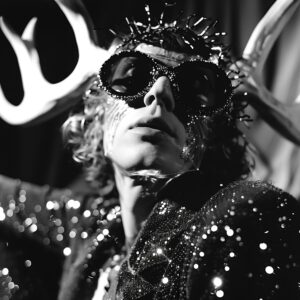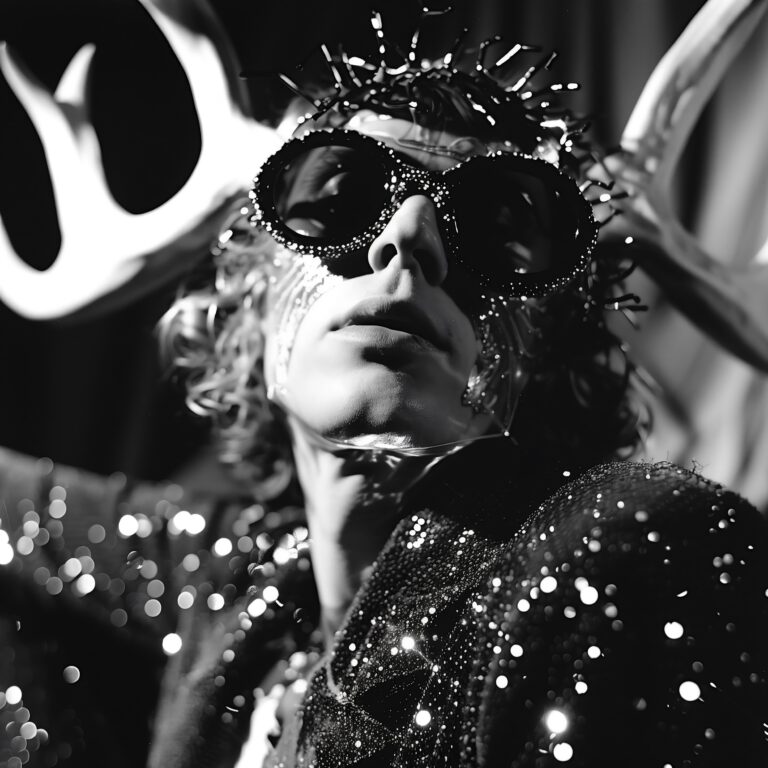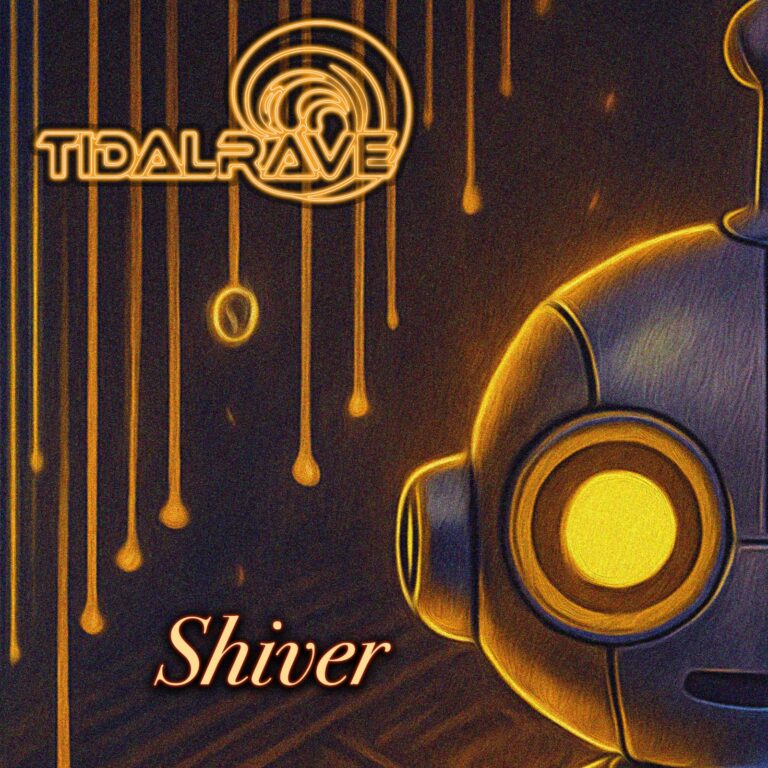Recorded in Nothing Concrete’s environmentally friendly home studio in the calm hills of Ariège, ‘The Imperfectionist’, their fourth studio album, exudes authenticity from start to finish. It is a gritty sound, not meant to be overproduced or stylized. It is as raw as it is refined. Mixed by Keith Witty and recorded in their eco-friendly studio in Ariège, the members’ multicultural upbringings resound in every groove of ‘The Imperfectionist’, evoking African polyrhythms, Latin influences, and notes of the blues. The band’s first single, “The Boats”, is raw in its emotion. The song tells an undeniably global story of migration, culture, and diversity with grace and empathy. The horns, the polyrhythmic motifs, are more of an embellishment that has to be taken in over time, rather than at first listen. This gives the song room to breathe and really hit the listener on subsequent listens. “Broken Bird” is a musical examination of vulnerability. It is soft and hard at once; melodic and painful. It’s a slow, percussive poem that washes over the ear just enough to not fall off.

“Cometh The Hour” takes a more spirited approach to the sound, more danceable in its percussion but still holding onto the relaxing flow of vocals. “Empty Whiskey Bottle Mariachi Blues” is one of the most innovative and interesting songs on the record. It is an amalgamation of mourning and celebration, exuding a bit of self-aware whimsy in its candor. “He Don’t Do Much Of That Now” is a soulful, bluesy ballad. It has a somber feel but less in retrospect of what is lost and more so in what has been let go. “The Imperfectionist”, the album’s namesake, feels like a culmination of all the other songs. The lyrics are just as true as the rest of the record, not striving for perfection or a pristine finish, but bold and open in every aspect. As far as the choice of recording and effects go, the callback to the gospel choir and musical embellishments at the end are more impactful than overwhelming.
The album comes to a fitting close after this centerpiece of the record. “John Henry Lee” reminds the listener of folk and oral tradition. It’s a modern take on folklore, an audio preservation act. “No Force” is by far the closest to an Afrobeat track on the record but by design; th’s more cloud-like than rhythmic, subdued and hypnotic. “S.O.S – Save Our Souls” is a cathartic end to the album; it’s a simple groove but more desperate in tone and delivery. It feels like a real call, not just a song with a call-and-response. The outro track “The Western” almost feels cinematic, like the opening shot of a western film. It has space, a dusty, slow burn in its drums and bass. ‘The Imperfectionist’ isn’t an album that conforms or indulges in the current scene. It keeps the beat of its own heart, speaks its own truth, and does so with a sound so worldly, so local and not at all traditional at the same time.





















